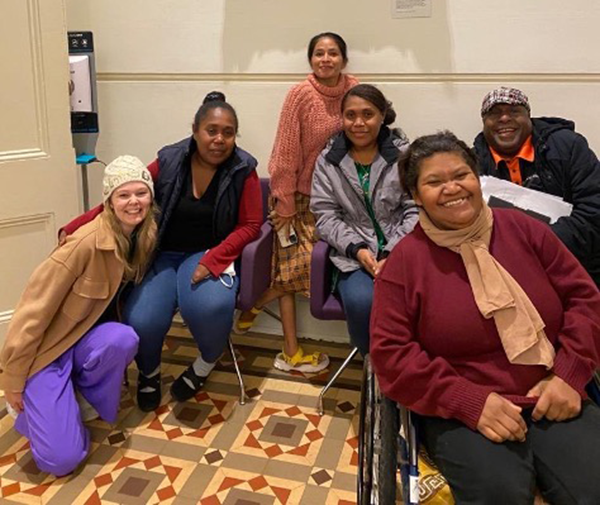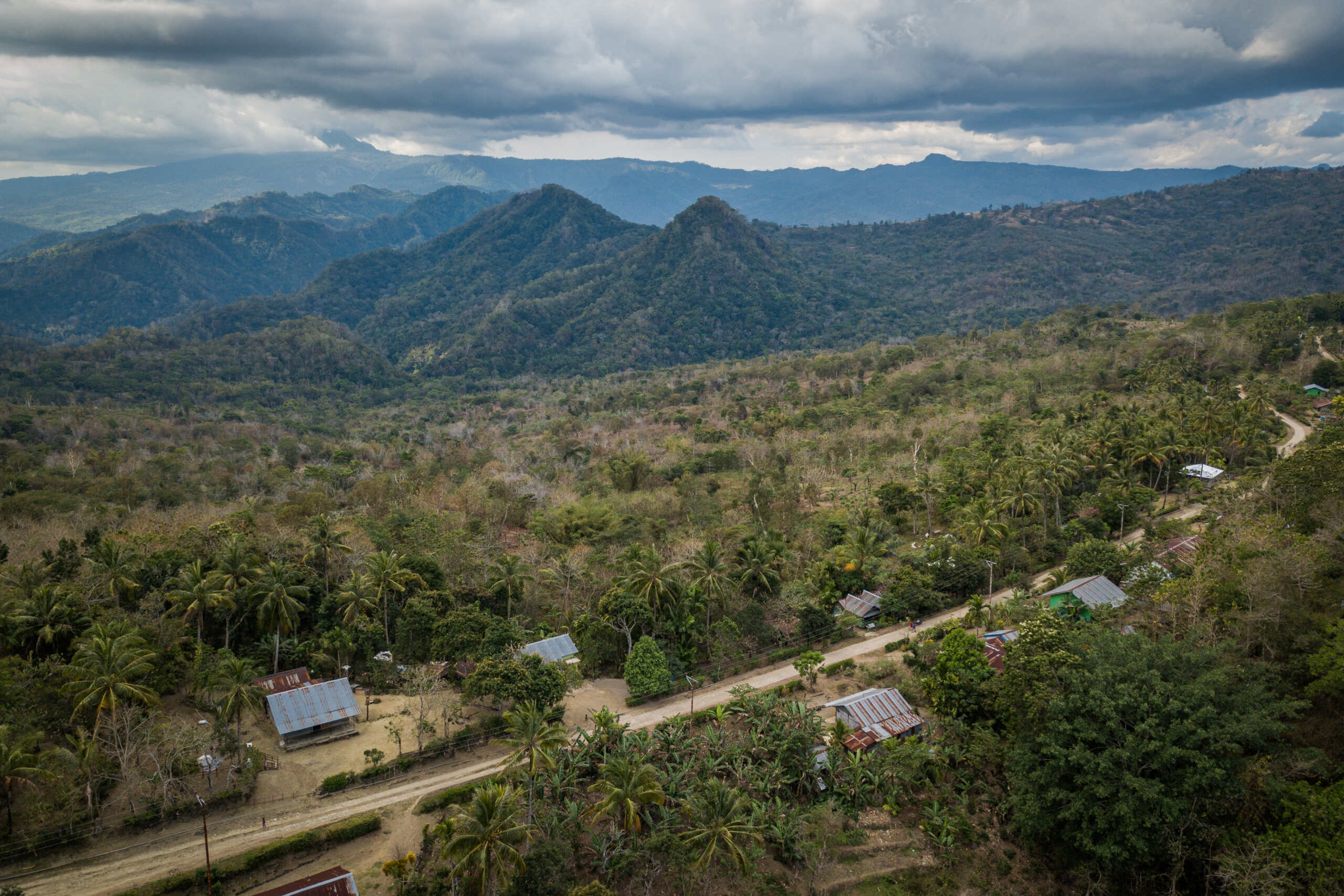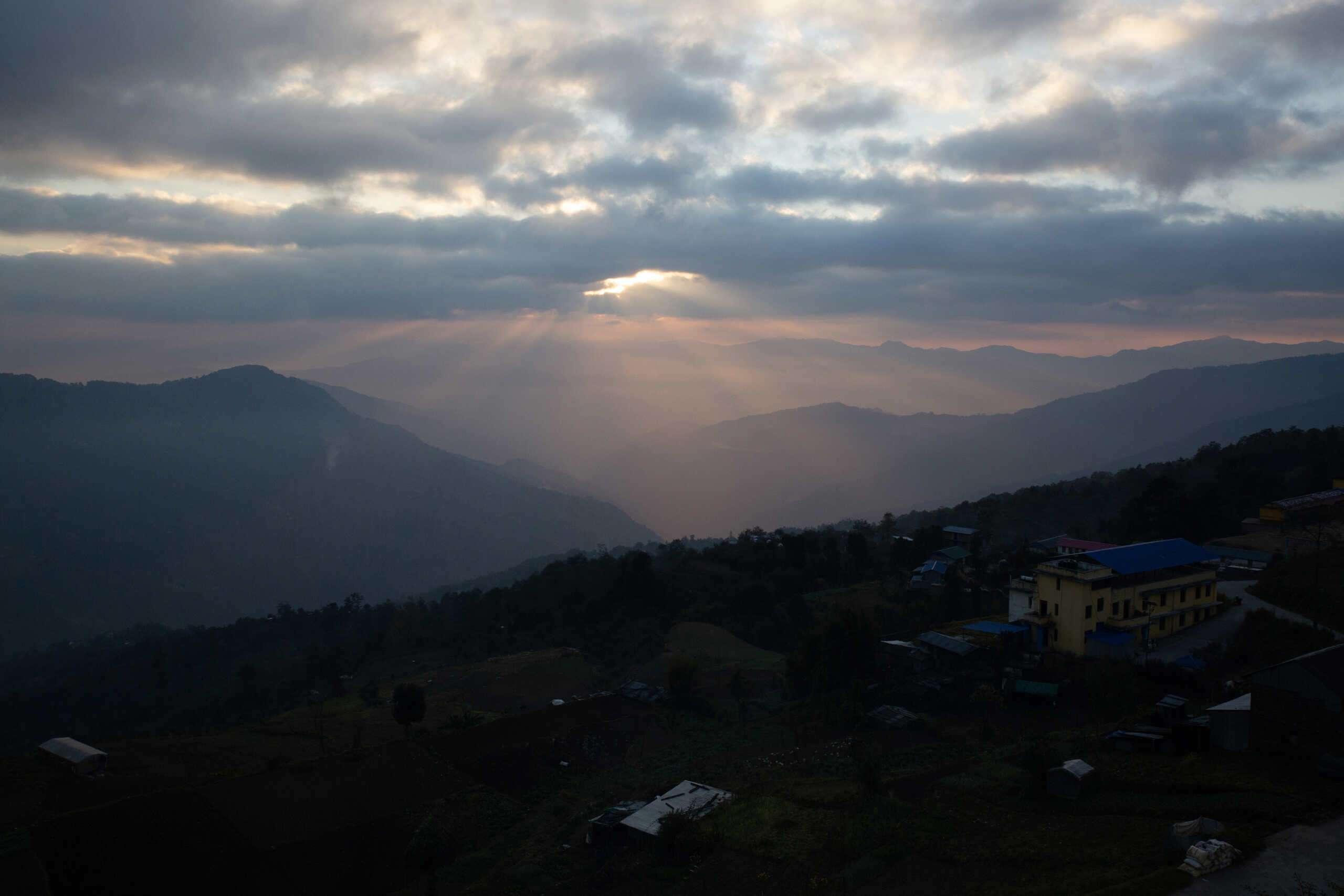Supporting Organisations of Persons with Disabilities in Disaster Risk Reduction (DRR) Programming
Iag, Pacific, Stories | June 25, 2024
The Disaster READY program, through the Department of Foreign Affairs and Trade’s (DFAT) Australian Humanitarian Partnership (AHP), aims to support local communities and organisations to prepare for, respond to, and recover from the impact of disasters. This case study discusses how CBM’s IAG supports the OPD DRR Officers engaged with the Disaster READY program to overcome barriers for people with disabilities.

Increasingly international development programs are seeking to engage people with disabilities in decision-making processes, which is a strong step in the right direction. However, it is not the only step. The International Disability Alliance’s 2nd Global Survey on OPDs’ participation found that while there is evidence of improved engagement with OPDs, further work is required to ensure meaningful participation, and that means ensuring that accessibility is systematised and reasonable accommodations are supported, that the capacity of OPDs is developed and they are well resourced, and that there is representation of diverse experiences of disability. They also identified that adequate support for OPDs is critical to overcoming the impacts of systemic exclusion and to ensure a shift from token participation to meaningful participation.
To ensure meaningful participation of people with disabilities in disaster risk reduction programming, they need more than a seat at the table, they need to have a voice in the room. As Seta Macanawai, CEO of Pacific Disability Forum advocates, “A place at the table, or we come in with our own table, or we come in and modify your table, I think that’s what inclusion is all about”.
Globally, people with disabilities experience a range of barriers, including structural and attitudinal barriers, which continue to prevent full participation in community and political life, particularly women and gender diverse people with disabilities. OPDs have the mandate to represent the needs and interests of persons with disabilities but are often under-resourced whilst demand for their inputs is increasing.
That’s why a key role of the work of CBM’s Inclusion Advisory Group (IAG) is working in partnership with OPDs in Disaster READY.
In May, IAG hosted a week-long workshop for the Disaster Risk Reduction (DRR) Officers from the national OPDs. These OPD DRR Officers are engaged with the Disaster READY program led by the Australian Humanitarian Partnership – a consortium of six Australian NGOs and funded by DFAT. Disaster READY aims to support local communities and organisations to prepare for, respond to, and recover from the impact of disasters.
How IAG worked to support and strengthen OPD DRR Officers
The five-day workshop provided opportunities for peer support, targeted training, and safe spaces for questions and conversations. It also enhanced the DRR Officers’ understanding of their role, the project, as well as built their confidence to voice their opinions and concerns. For example:
1. Disaster simulation exercise
Throughout the week, the DRR Officers participated in a simulation exercise using the scenario of a tropical cyclone impacting a Pacific Island nation. The purpose of the simulation was to provide a safe space for the DRR Officers to put into practice what they were learning in the sessions and share their opinions in settings like those they face during DRR meetings, humanitarian coordination meetings and activation processes.
A role-playing exercise provided a valuable opportunity to test approaches, respond to feedback and a chance to practice their negotiation and advocacy skills to have more than ‘a seat at the table’ but rather ‘a voice in the room’.
2. Peer support
The workshop provided an opportunity for the OPD DRR Officers to get to know one another and forge relationships of trust, which is anticipated to foster cooperation and knowledge sharing for the life of the project. While each OPD DRR Officer works within their own country context with its own challenges, they shared many similar experiences and were able to draw on one another for advice and information. By facilitating this network in the early stages of Disaster READY phase 2.0, it is hoped that inclusion can be strengthened through collective voice and action.
3. Strengthening existing capacity
The OPD DRR Officers reported highlights of the workshop were learning more about the technical and sectoral understandings of disaster risk reduction (DRR) and climate change adaptation (CCA), as well as opportunity to strengthen their negotiation skills for discussions with partners. OPD DRR Officers also described developing an increased understanding of their roles and responsibilities as a result of the workshop.
“[I] really enjoyed the workshop and I am thankful because I really did struggle when I first took up the role not having knowledge and understanding on how the project was structured etc…will be able to work much better” (OPD DRR officer).
4. Knowledge exchange
The OPD DRR officers shared their local knowledge and own disaster experiences with IAG staff, particularly regarding their priorities for disability-inclusive DRR. This helped to further strengthen the IAG staff understanding of the contextual issues of people with disabilities across the five countries, which can be used to further develop approaches to inclusion.
Visit our website to learn more about IAG’s work with Disaster READY or access resources on inclusive DRR.
https://www.cbm.org.au/stories/supporting-organisations-of-persons-with-disabilities-in-disaster-risk-reduction-drr-programming
Related Stories

Week 2 – Lent series 2026
As we continue our Lent journey, we’re grateful to share a heartfelt reflection from CBM Australia’s Head of Program Impact Operations, Kieran Cummins, who...

Building inclusive, climate resilient communities in Bangladesh
Highlights from DFAT Post’s visit In January 2026, representatives from the Australian High Commission in...

Week 1 – Lent series 2026
As we enter the season of Lent, we’re taking time as a community to pause, reflect, and draw closer to the heart of God. Lent invites...
